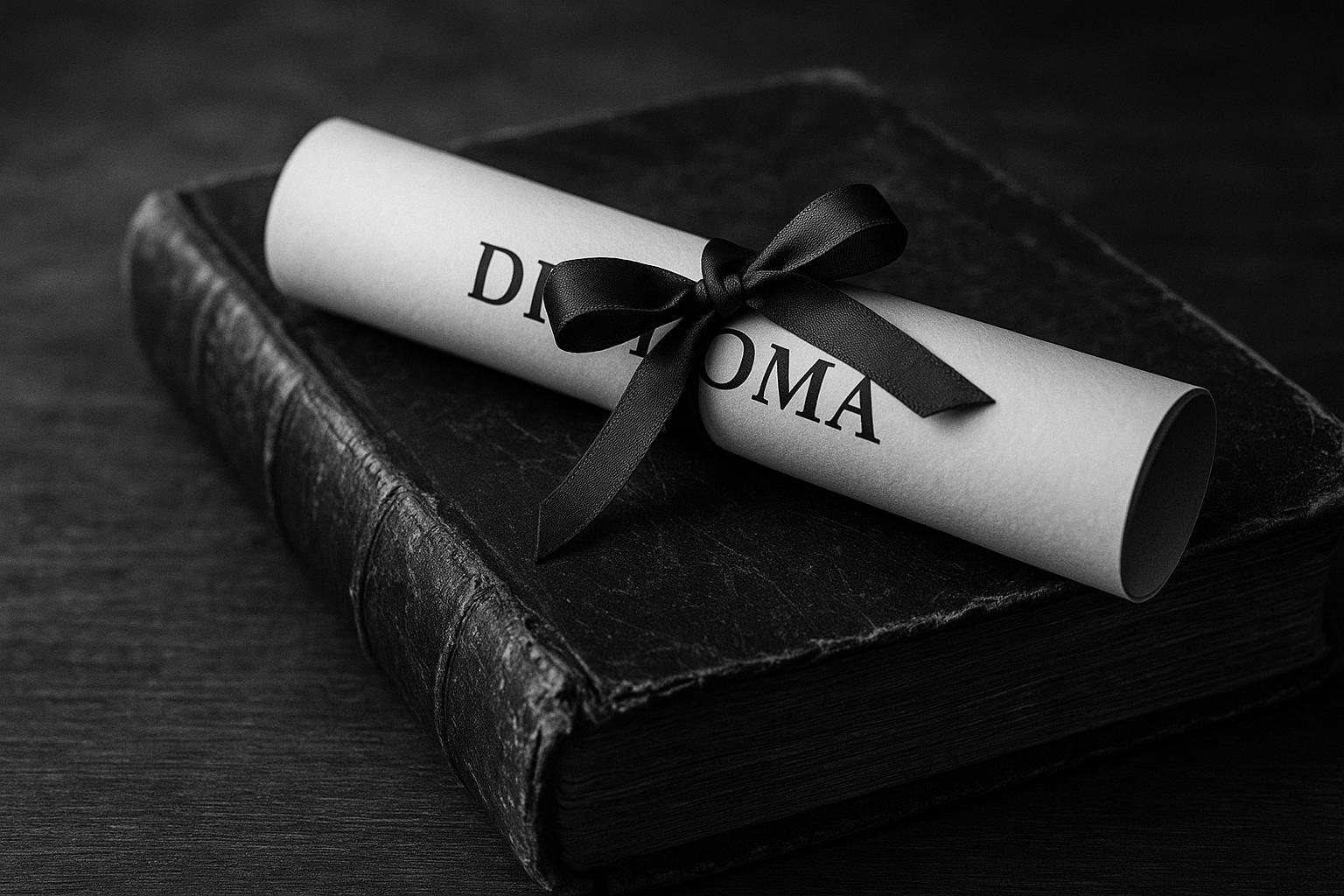Lord William Hague, the former Conservative Party leader and Foreign Secretary, who was elected as the 160th Chancellor of the University of Oxford at the end of last year, has found himself at the centre of criticism following a recent statement on social media. Hague, aged 64, who is also an alumnus of Magdalen College where he studied Philosophy, Politics, and Economics, took up the chancellorship in a formal ceremony held in February at the Sheldonian Theatre, beginning a 10-year term in the largely ceremonial role. His election was widely seen as a homecoming, with the university’s community expressing optimism about his commitment to supporting Oxford’s mission of research, innovation, and academic excellence.
Under Lord Hague’s tenure, the University of Oxford was recently declared the best university in the world by the Times Higher Education (THE) World University Rankings for a record tenth consecutive year, cementing its position at the forefront of global higher education. The rankings, which are based on 18 distinct metrics covering teaching, research, and international outlook, underscore Oxford's strength across all core areas. However, despite this acclaim, Oxford faced a notable slip in The Sunday Times' ranking, where it dropped out of the top three for the first time, reflecting the competitive and shifting landscape of UK higher education.
The chancellor’s recent proclamation that "Oxford is the best university in the world," posted on the social media platform X (formerly Twitter), was met with a wave of criticism from some quarters. Critics on social media described the comment as "crass" and accused Hague of lacking nuance in the face of ongoing challenges faced by the institution. Some commentators pointed to Oxford’s introduction of state school pupil quotas with lower grade requirements as a factor they believe could undermine the university’s standard of excellence. Others sparked rivalry-themed debates, suggesting that the University of Cambridge might be superior, citing a larger number of Nobel Prize winners as a key indicator.
These remarks come amid a challenging period for Oxford, which also includes controversy surrounding the Oxford Union. The president-elect of the Union, George Abaraonye, faced severe backlash after messages surfaced in which he appeared to celebrate the assassination of US political campaigner Charlie Kirk. The messages, including one stating, "Charlie Kirk got shot, let’s f****** go," led to a significant loss of confidence in his leadership among Union members, culminating in a landslide vote of no confidence of 70 percent.
Lord Hague’s chancellorship began with widespread anticipation, as he expressed enthusiasm to work collectively with the university community. At his formal admission ceremony, he pledged his dedication to advancing Oxford’s role in contributing to British prosperity through research and innovation. Vice-Chancellor Professor Irene Tracey welcomed him warmly, highlighting his deep connection to Oxford and commitment to its values.
While Lord Hague’s recent social media comments attracted criticism, they also reflect the ongoing debate about the balance between tradition, excellence, and accessibility in the future of world-leading universities. His role as chancellor, though largely symbolic, will be watched closely as Oxford navigates these internal and external pressures during the coming decade.
📌 Reference Map:
- Paragraph 1 – [1] Oxford Mail, [2] University of Oxford News, [6] Reuters
- Paragraph 2 – [1] Oxford Mail, [4] Times Higher Education, [5] University of Oxford News
- Paragraph 3 – [1] Oxford Mail
- Paragraph 4 – [1] Oxford Mail
- Paragraph 5 – [1] Oxford Mail
- Paragraph 6 – [2] University of Oxford News
- Paragraph 7 – [1] Oxford Mail, [2] University of Oxford News
Source: Noah Wire Services
